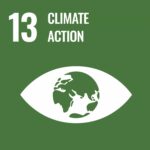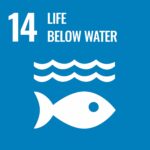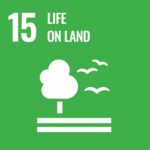The Research and Assessment focuses on promoting the responsible and sustainable management of natural resources through scientific, participatory, and evidence-based approaches. It includes feasibility studies and pre-assessments such as for fisheries businesses, evaluating their readiness for eco-label certification and sustainable practices. These efforts ensure that fisheries, whether in capture or aquaculture, adhere to environmental sustainability standards while maintaining economic viability.
The program also conducts environmental and social carrying capacity assessments, examining how businesses or policies impact natural resources, communities, and governances. By evaluating environmental, socio-economic, and institutional factors, the program ensures a balanced approach to resource management that aligns with conservation and community well-being. The Biodiversity-Environmental Impact Assessment (BEIA) and Participatory-Social Impact Assessment (PSIA) further identify the impacts of businesses on ecosystem and communities, providing recommendations for technical and managerial improvements to enhance sustainability.
Additionally, the program encompasses supply chain and value chain analyses and market potential studies to encourage responsible business practices. These efforts aim to foster businesses that prioritize ecological, social, and economic sustainability. By integrating scientific evaluations with community involvement, the program ensures strategic recommendations that support both environmental preservation and the welfare of local communities, contributing to sustainable development goals.
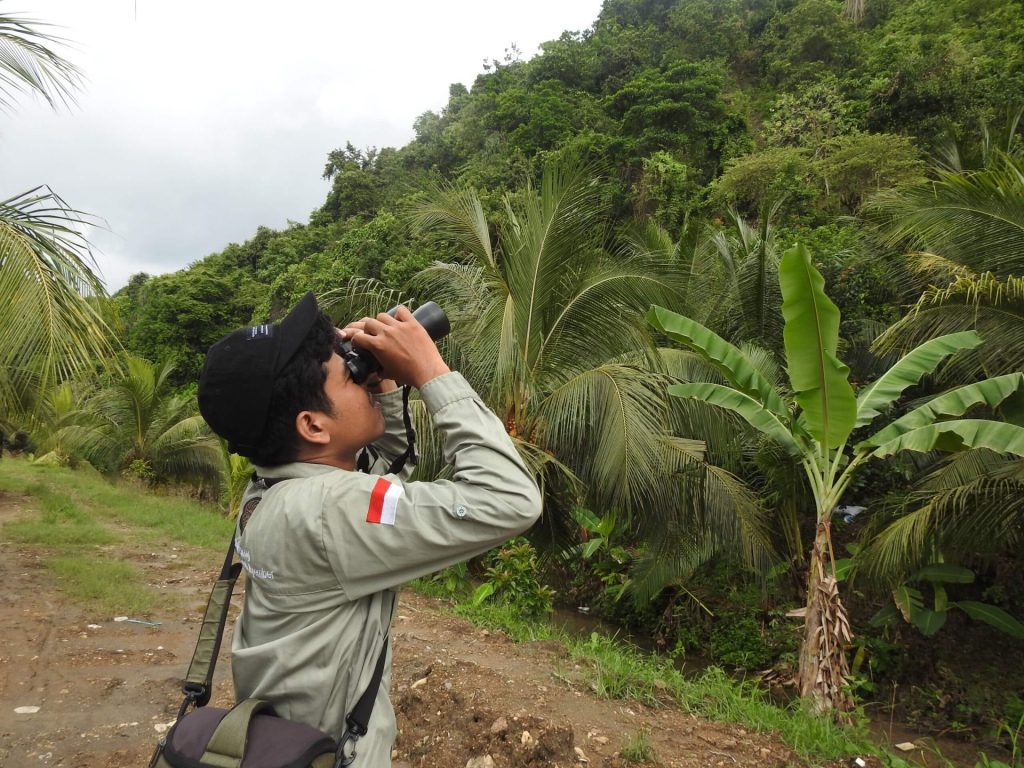
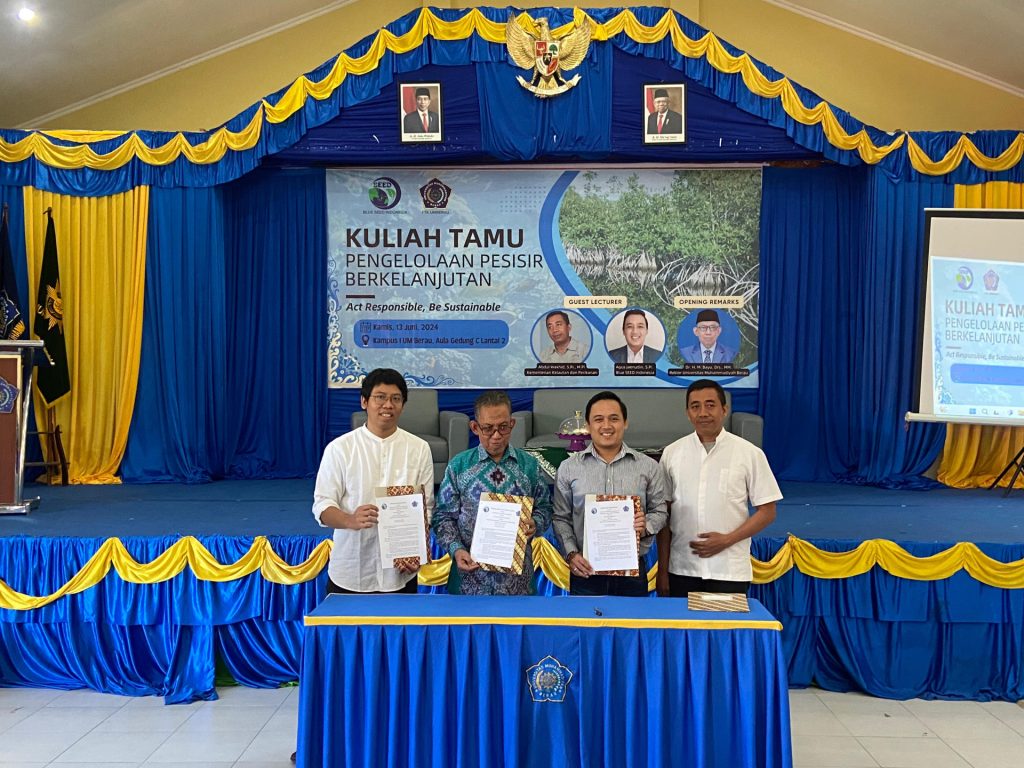
Blue SEED highly values and encourages collaboration in programs related to environmental sustainability, socio-economic development, and sustainable governance. To achieve broader impacts and reach more beneficiaries, program implementation often requires a consortium model. This approach ensures an effective division of roles based on expertise and areas of work, optimizing budgets, reducing potential carbon footprints, while still delivering greater benefits. Blue SEED is delighted to collaborate with various stakeholders, including governments, private sectors, and NGOs, to achieve shared objectives.
In addition to participating in consortium-based initiatives, Blue SEED is also willing to serve as an implementer or consultant for partners. This role includes providing technical support in the field, developing strategic plans, and offering guidance and capacity building. Through partnerships and leveraging collective expertise, Blue SEED aims to maximize positive outcomes from sustainable programs while strengthening cross-sector networks.
For us, collaboration reflects a shared commitment to creating impactful and sustainable solutions, providing benefits to communities and ecosystems, and ensuring that all efforts align with the principles of environmental stewardship and social responsibility.
Blue SEED offers internship opportunities, actively involving students and fresh graduates in various Blue SEED programs. Our internship program aims to support the capacity building of young individuals, focusing on issues addressed by Blue SEED. Interns engage in projects related to environmental and social concerns, such as climate change adaptation, conservation, and community empowerment.
For students and fresh graduates, participating in Blue SEED's internship program provides invaluable benefits. They gain hands-on experience in tackling real-world challenges, applying theoretical knowledge to practical situations. Additionally, interns have the opportunity to expand their professional network, learn from seasoned professionals, and develop essential skills for their future careers. Furthermore, involvement in meaningful projects enhances their resumes and increases their competitiveness in the job market.
In turn, the environment benefits from the contribution of young interns. Their fresh perspectives, innovative ideas, and enthusiasm inject new energy into Blue SEED's initiatives. Through their participation, interns help advance environmental and social causes, contributing to positive change in communities and ecosystems. Overall, Blue SEED's internship program not only empowers young individuals but also fosters a sustainable future for our planet.
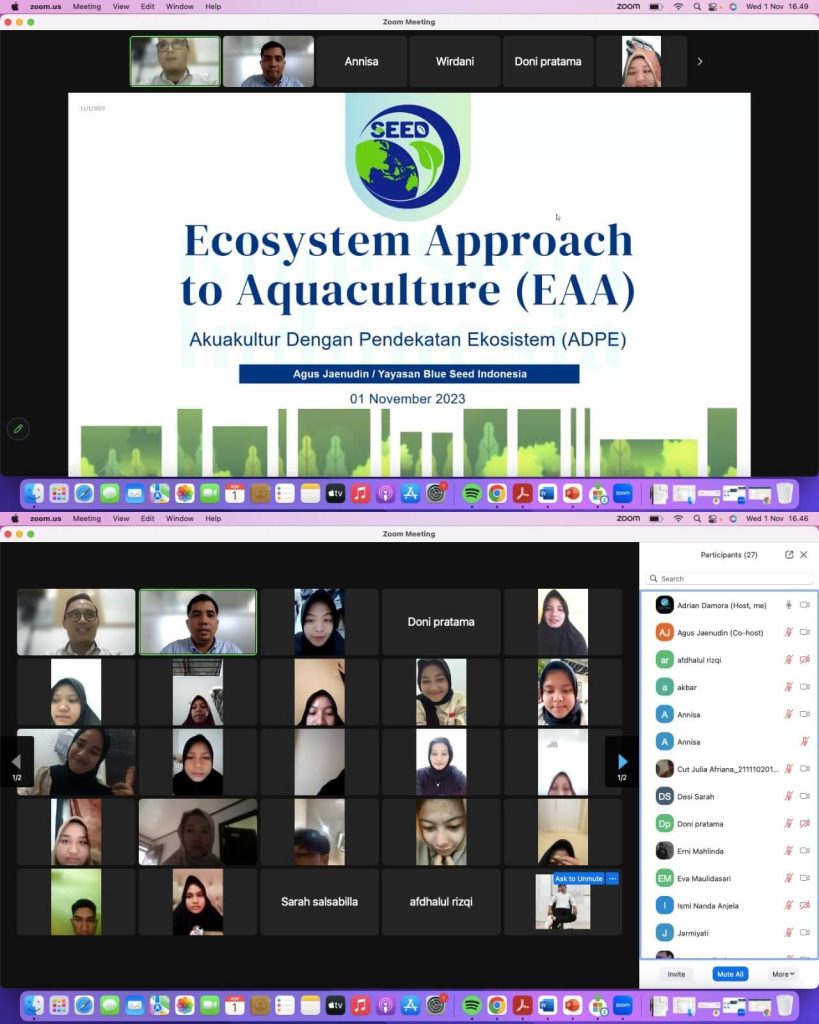
The Sharing Program is designed to share knowledge, expertise, and experiences with various stakeholders to address environmental, socio-economic, and sustainability challenges. By bridging the gap between academic learning, practical training, and real-world practices, the program aims to enhance understanding and build capacity across diverse groups. Activities include Practitioners Teaching, where Blue SEED personnel deliver lessons at universities to connect theoretical knowledge with practical insights, and Technical Training, which equips communities and other stakeholders with specialized skills in environmental management and sustainable development.
Additionally, the program offers Expert Speakers for seminars, discussions, and events to share valuable knowledge and field-based experiences. Another key component is Sharing Lessons Learned, involving interactive discussions to disseminate insights and recommendations from Blue SEED’s programs, fostering improvement and innovation. Through this initiative, Blue SEED seeks to build stronger networks and partnerships while promoting collective action. By empowering communities, institutions, and individuals, the Sharing Program strives to advance sustainable practices, encourage collaboration, and contribute to environmental conservation and social well-being on a broader scale.
On the other hand, the more people there are, the greater the opportunity to work together, share roles in the sustainable use of natural resources and create a good ecosystem if supported by sufficient awareness and knowledge.


Environmental and climate literacy is one of the great opportunities to minimize the consequences arising from various environmental issues in their relation to climate change that can hinder the successful implementation of the SDGs.
On the other hand, the more people there are, the greater the opportunity to work together, share roles in the sustainable use of natural resources and create a good ecosystem if supported by sufficient awareness and knowledge.


Environmental and climate literacy is one of the great opportunities to minimize the consequences arising from various environmental issues in their relation to climate change that can hinder the successful implementation of the SDGs.
Lorem ipsum dolor sit amet, consectetur adipiscing elit. Ut elit tellus, luctus nec ullamcorper mattis, pulvinar dapibus leo.





